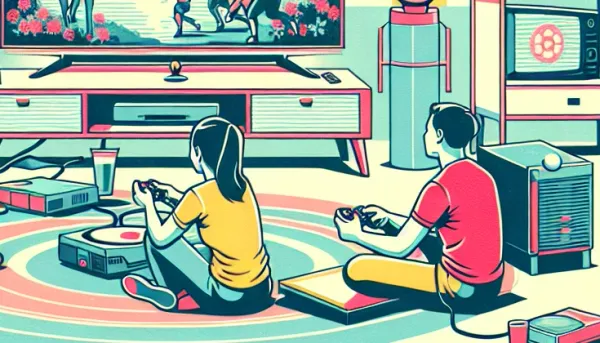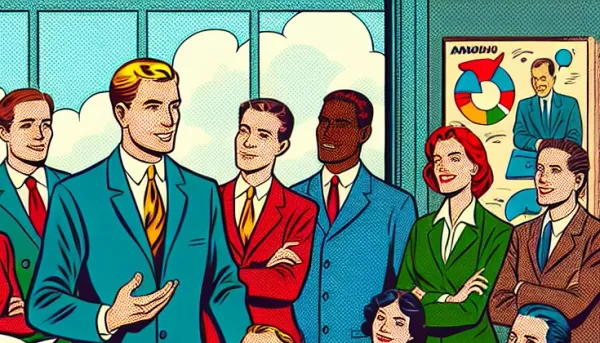Lessons from "Mad Men"

"Mad Men," set against the 1960s advertising boom, adeptly explores themes of personal identity, professional relationships, and societal influences. More than just a depiction of the ad world's allure, it serves as a profound narrative on contemporary issues, resonating deeply with work-life balance and workplace dynamics.
Methodology
Leveraging advanced mixed-methods, we explore the vast digital dialogue of millions of social media posts across networks like Reddit, Twitter, LinkedIn, and various forums and review sites. Through refined Natural Language Processing (NLP) algorithms, we precisely interpret qualitative data. Our writers meticulously hand-select quotes for their thematic depth and resonance. This careful selection, coupled with our commitment to anonymity and authenticity, ensures that quotes are paraphrased to preserve the original dialogue’s integrity while protecting privacy.
Identity and Authenticity: The Dual Faces of Don Draper
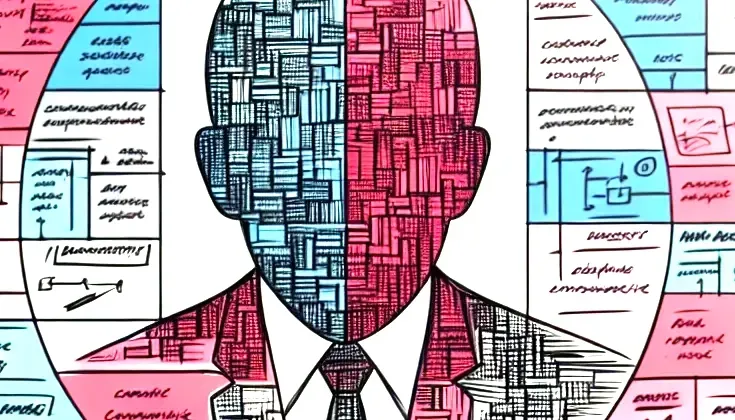
Don Draper represents the struggle between an authentic self and a constructed persona, illuminating the universal challenge of balancing personal and professional lives.
He embraced his true identity as an ad man named Don Draper by letting go of his old self, Dick Whitman.
It's more about what he created. He made Don Draper, his biggest deception. In the end, he accepts his true identity and smiles.
Don Draper's persona is his grandest deception, yet it’s what gave him agency to succeed and ultimately find a semblance of peace.
These reflections show a universal struggle against societal molds, urging a balance between personal authenticity and professional demands.
Interpersonal Dynamics and Professional Growth
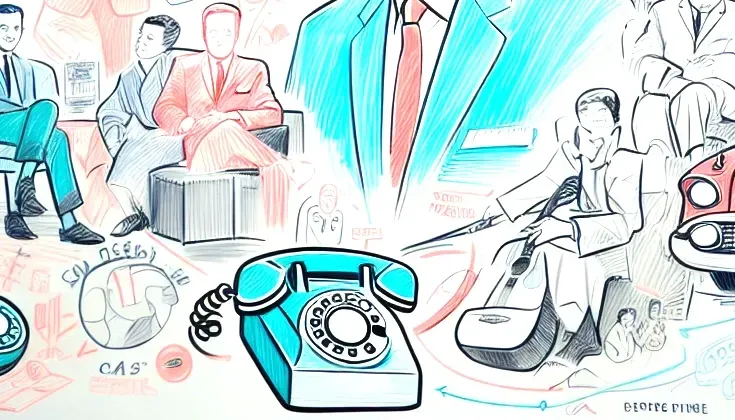
Relationships in "Mad Men" significantly influence career trajectories and personal growth, shaping professional landscapes and personal development:
Roger and Don have a strong, rare connection that is tested but ultimately endures.
Don provides Chris' name on a business card for Herb, the new account handler, illustrating the interplay between personal connections and professional demands.
Don never fully trusted Roger despite the opportunities he provided. Roger respected Don for his guarded nature and never being able to crack him open.
These insights emphasize the continuous challenge of maintaining integrity and personal values in a demanding professional world.
The Ripple Effects of Work-Life Imbalance
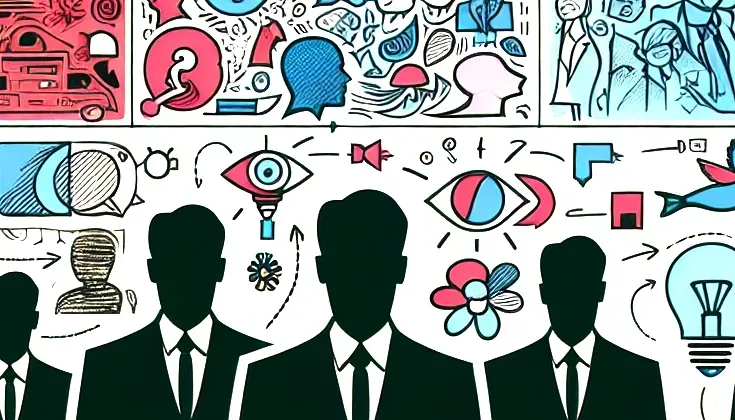
"Mad Men" masterfully portrays the dangers of poor work-life balance, showing how professional neglect can spill into and negatively impact personal relationships and mental health:
All of Don's addictions stem from unmet needs and a way to cope with stress, rather than being viewed individually. They all hold equal weight in his life.
Betty's storyline inspired me to quit smoking after seeing a young person confront a terminal illness, leading me to quit successfully for 4 years now.
Discussing with Betty's psychiatrist without her knowledge while witnessing her struggle to seek empathy and support only to be betrayed by him providing updates.
These stories reflect profound impacts on professional life and personal health, reinforcing calls from our studies for a more balanced approach.
Societal Shifts and Personal Decisions
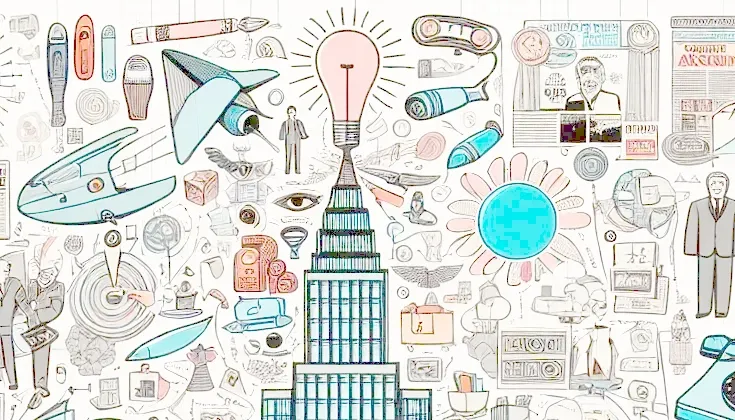
Set during the transformative 1960s, "Mad Men" highlights how societal changes influence personal and professional choices:
The character of Don Draper evolves to fit his changing environment, struggling to maintain his constructed identity as societal norms shift.
There are significant moments of character development for Don before the final episode. He represents American attitudes in the 1960s amidst political and social unrest.
The 1960s were tumultuous for various groups, making Mad Men engaging.
These dimensions prompt a reconsideration of how we adapt to external pressures in our personal and professional lives.
Conclusion
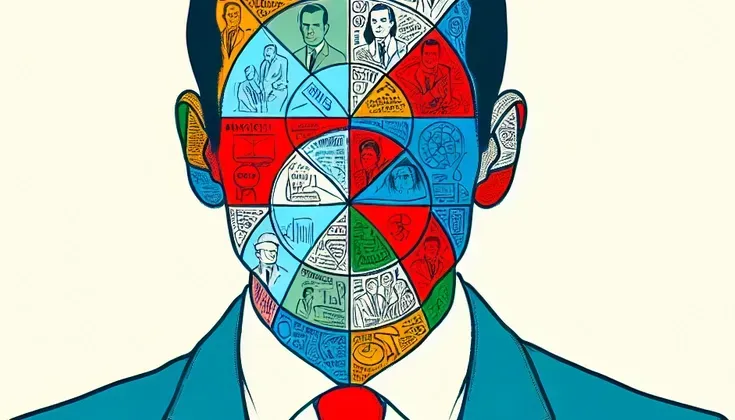
"Mad Men" offers a rich exploration of diverse themes that resonate deeply with contemporary life. Through its portrayal of identity struggles, gender dynamics, and the influence of creativity, the series provides a reflective mirror to our society. It compels us to examine the roles we embody and the facades we maintain. By weaving complex narratives of development, decline, and redemption, "Mad Men" remains a potent narrative that encourages us to reflect, adapt, and grow in an ever-evolving world. Join us in dissecting these themes further, drawing from crowdsourced wisdom to enrich your understanding.
